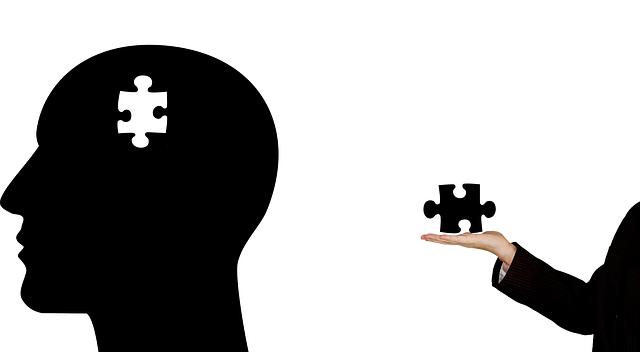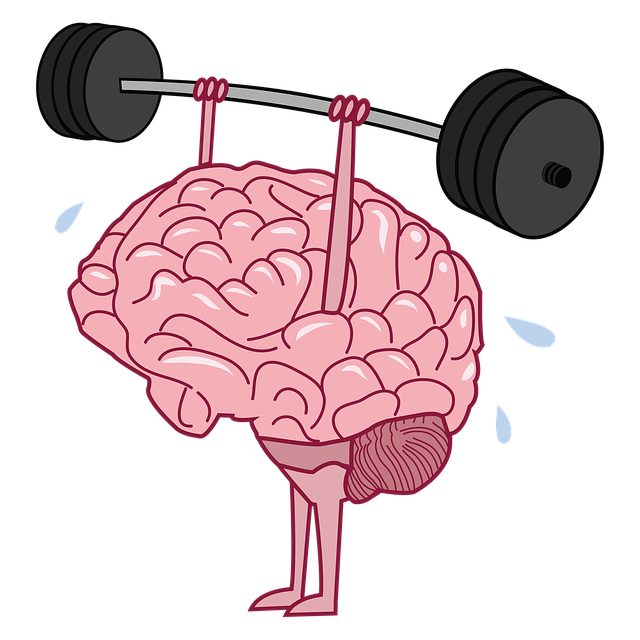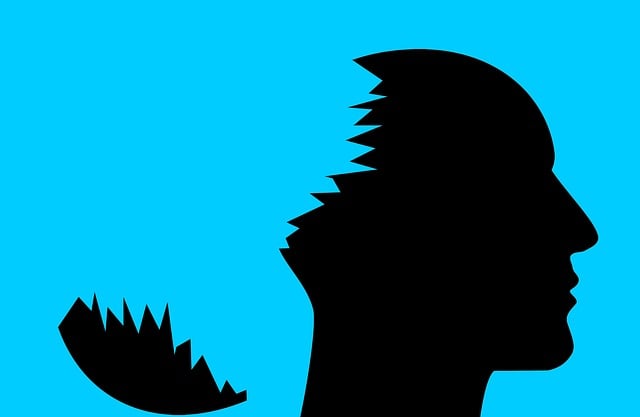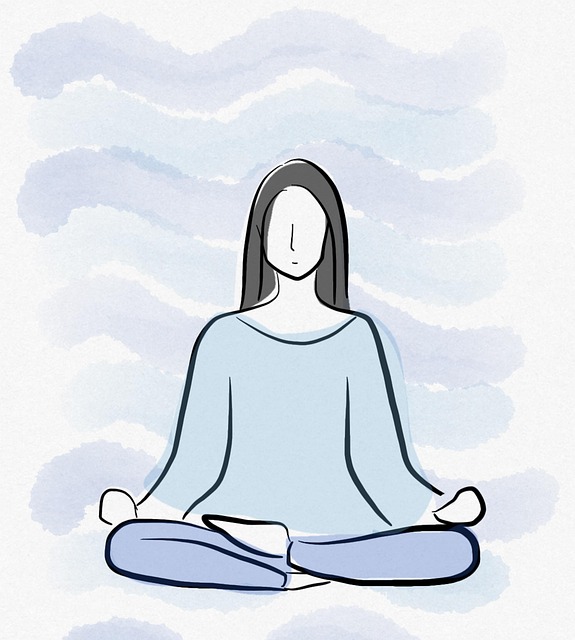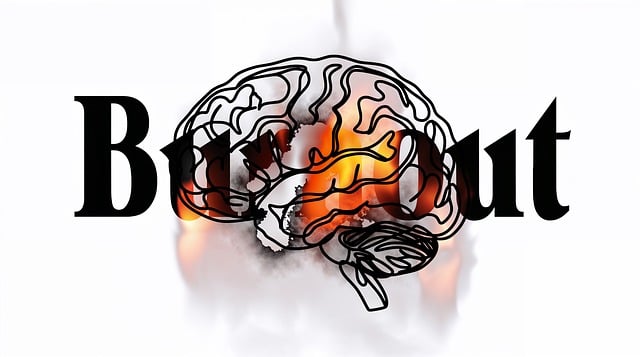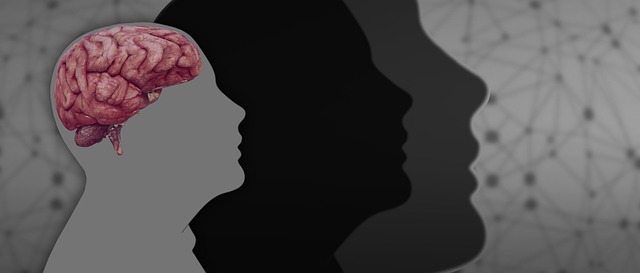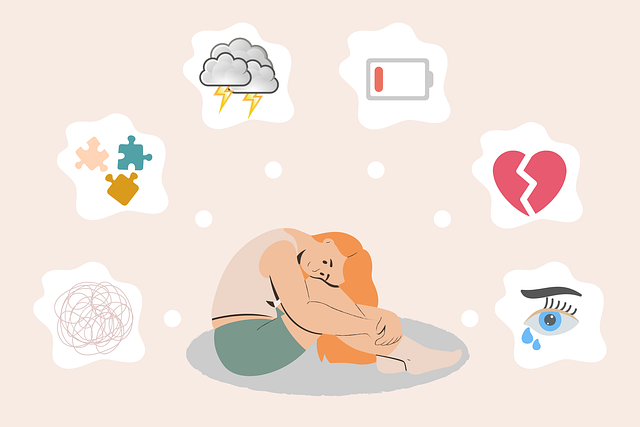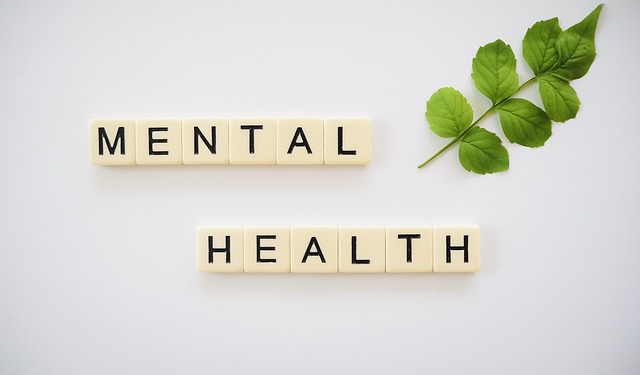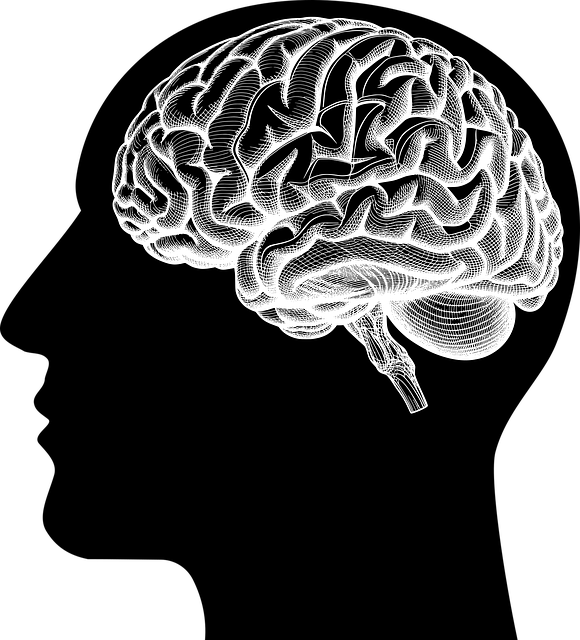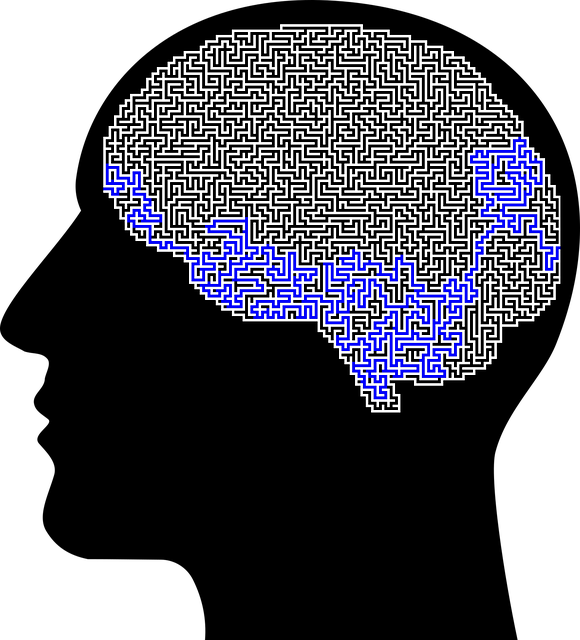Lone Tree EMDR Certified Therapy offers a comprehensive solution for managing stress and improving mental well-being. Combining Eye Movement Desensitization and Reprocessing (EMDR) with communication strategies, it addresses the root causes of stress, trauma, and negative thought patterns. This approach enhances emotional resilience, fosters self-awareness, and respects cultural diversity. By integrating EMDR with lifestyle changes like exercise, meditation, and positive self-care routines, individuals can effectively reduce stress, improve mental health, and promote overall well-being in a supportive environment.
Stress reduction is vital for maintaining mental health, and with modern lifestyles becoming increasingly demanding, effective strategies are essential. This article explores various methods to combat stress and achieve well-being. We begin by delving into the profound impact of stress on mental health and introducing Lone Tree EMDR Certified Therapy as a powerful tool. Additionally, we offer lifestyle changes, along with other techniques, to foster a calmer mindset.
- Understanding Stress and Its Impact on Mental Health
- The Role of Lone Tree EMDR Certified Therapy in Stress Reduction
- Lifestyle Changes for a Calmer Mindset
- Additional Techniques to Combat Stress and Achieve Well-being
Understanding Stress and Its Impact on Mental Health

Stress is a natural response to demanding situations, but when it becomes chronic, it can significantly impact mental health. High levels of stress over extended periods can lead to anxiety, depression, and even physical ailments. Recognizing the signs of stress and understanding its root causes are crucial steps in managing it effectively.
Lone Tree EMDR Certified Therapy offers a powerful tool for navigating stress-related challenges. Eye Movement Desensitization and Reprocessing (EMDR) helps individuals process traumatic memories and negative beliefs, fostering self-awareness exercises that promote resilience. Furthermore, by incorporating cultural sensitivity in mental healthcare practice, EMDR therapy ensures that treatment is tailored to individual needs while respecting diverse backgrounds and experiences, ultimately contributing to improved self-esteem.
The Role of Lone Tree EMDR Certified Therapy in Stress Reduction

Lone Tree EMDR Certified Therapy offers a unique and effective approach to stress reduction, integrating eye movement desensitization and reprocessing (EMDR) techniques with specialized communication strategies. This method has proven to be transformative for individuals seeking to overcome traumatic experiences and reduce their overall stress levels. By addressing past traumas and negative thought patterns, the therapy facilitates a profound sense of emotional resilience and well-being.
In today’s fast-paced world, where burnout prevention is a growing concern, Lone Tree EMDR Certified Therapy plays a pivotal role in fostering adaptability and resilience. It equips individuals with powerful tools to manage stress effectively, enhance coping mechanisms, and promote positive self-regulation. Through targeted interventions and personalized communication strategies, this therapy empowers clients to break free from destructive patterns, leading to lasting improvements in mental health and overall quality of life.
Lifestyle Changes for a Calmer Mindset

Adopting a calmer lifestyle can significantly contribute to stress reduction and mental well-being. Simple yet powerful changes like regular exercise, mindful meditation practices, and an improved diet can create a more balanced mindset. Research shows that physical activity releases endorphins, which act as natural painkillers and mood elevators, making it an effective anxiety relief strategy. Incorporating moments of stillness through mindfulness or Lone Tree EMDR Certified Therapy allows individuals to reconnect with their emotions and cultivate empathy building strategies within themselves.
Additionally, reducing exposure to stressors and cultivating positive self-care routines can play a significant role in mental illness stigma reduction efforts. By creating space for relaxation and reflection, individuals can build resilience against life’s challenges. This proactive approach not only enhances overall well-being but also fosters a supportive mindset that encourages empathy towards others facing similar struggles, thereby reducing the impact of societal stigma.
Additional Techniques to Combat Stress and Achieve Well-being

In addition to established stress reduction methods like meditation and exercise, exploring innovative techniques can significantly enhance well-being. One such approach gaining recognition is Lone Tree EMDR Certified Therapy. Eye Movement Desensitization and Reprocessing (EMDR) combines guided eye movements with therapeutic recall of traumatic memories or stressful events, aiding individuals in processing and releasing associated emotions. This method has proven effective for various issues, from post-traumatic stress disorder to general anxiety.
Beyond individual therapy, engaging in Stress Management Workshops organized by dedicated organizations can equip individuals with valuable tools and strategies. Additionally, tapping into Self-Awareness Exercises integrated into mental wellness apps or Mental Wellness Podcast Series Production can provide accessible, anytime, anywhere resources for cultivating resilience against stress. These diverse methods collectively contribute to a holistic approach to well-being, catering to different preferences and needs.
In conclusion, managing stress is paramount for maintaining mental health. This article has explored various approaches, including Lone Tree EMDR Certified Therapy, lifestyle adjustments, and complementary techniques. By understanding the impact of stress and adopting these reduction methods, folks can navigate life’s challenges with greater resilience and foster a calmer mindset. Remember that finding what works best for you is key to achieving well-being.
